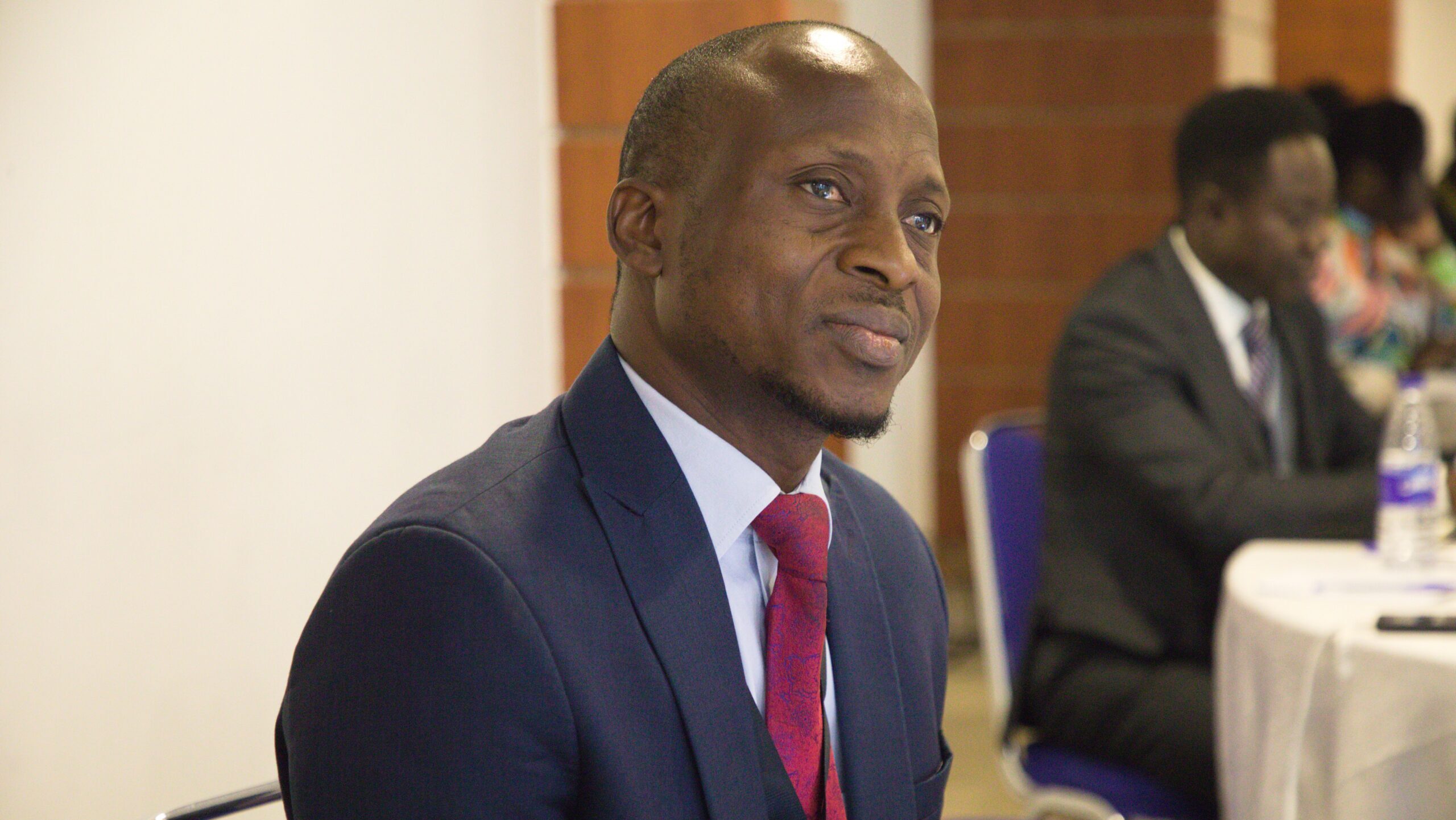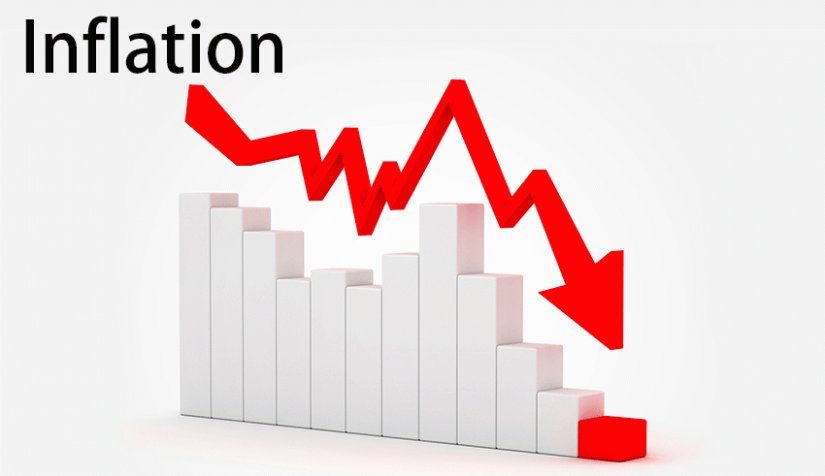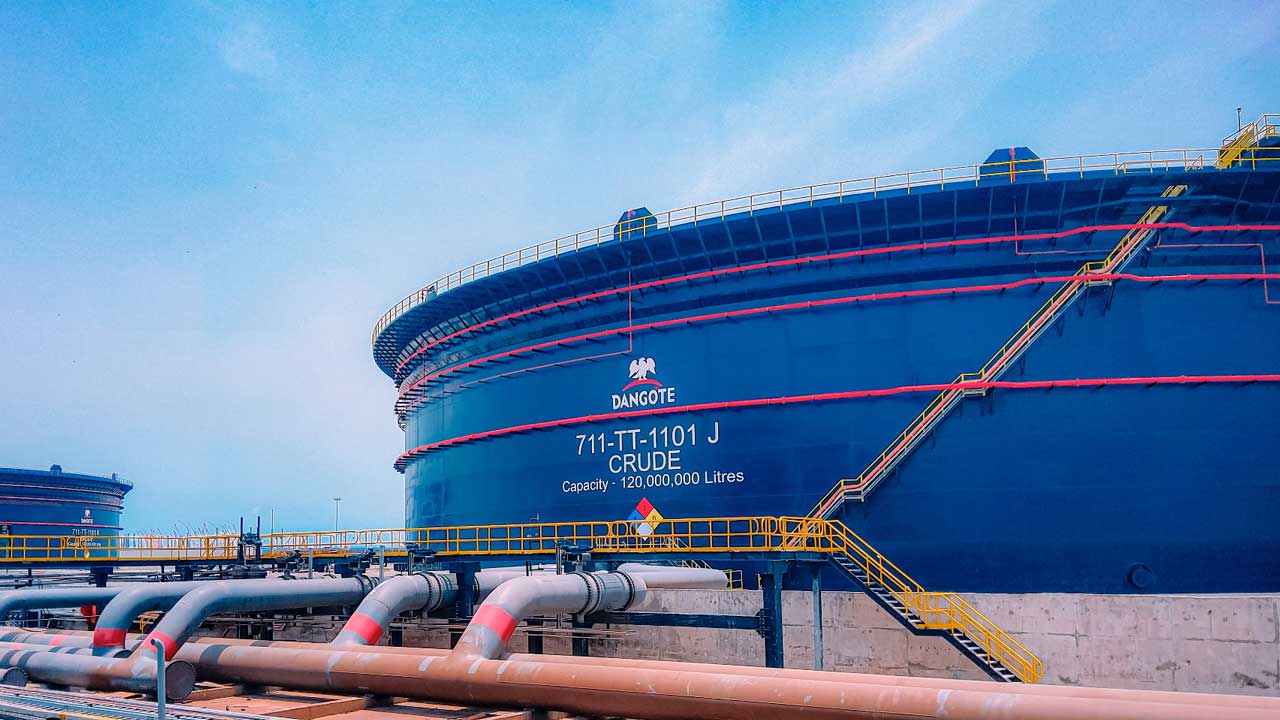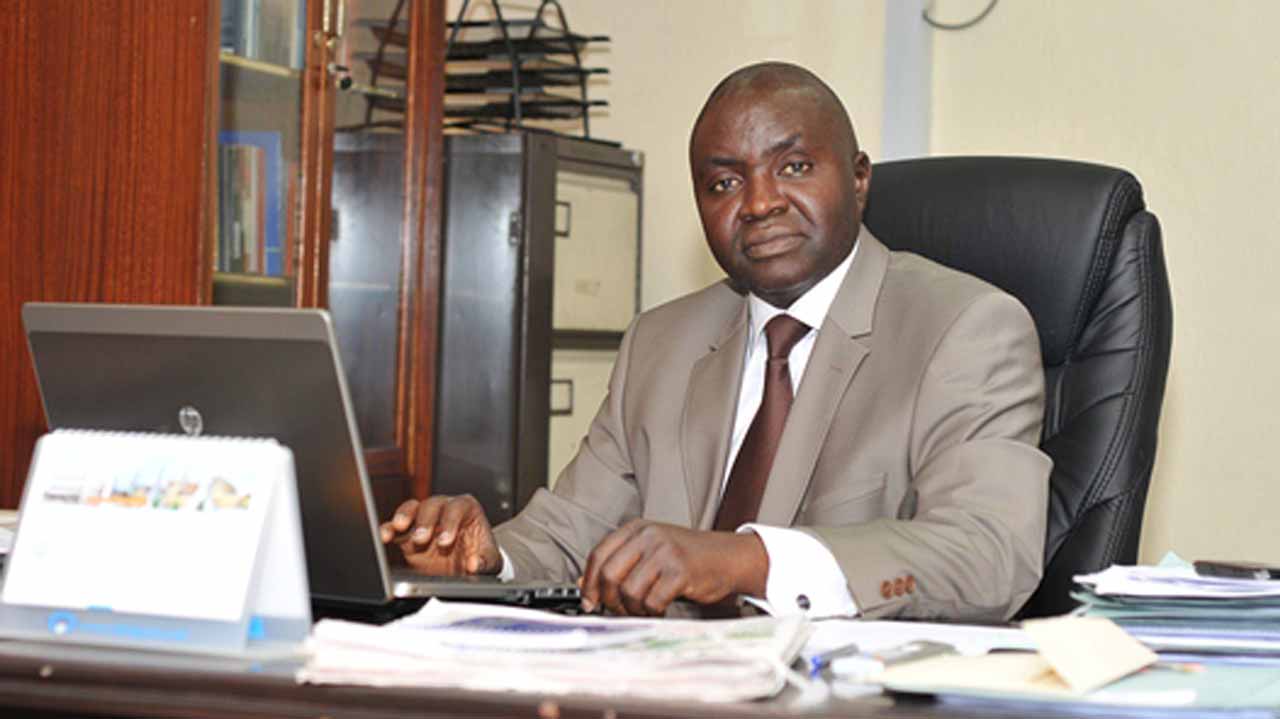BPP DG: Why Nigeria Needs Sustainable Procurement
BPP DG: Why Nigeria Needs Sustainable Procurement
The Director-General, Bureau of Public Procurement (BPP), Dr Adebowale Adedokun, has said that Nigeria needs sustainable procurement to reduce waste, promote social equity, minimise environmental harm and strengthen governance and transparency.
He spoke on Monday at the International Conference on Sustainable Procurement.
The event was organised by the Sustainable Procurement, Environmental and Social Standards Centre of Excellence (SPESSCE), University of Lagos.
The conference had the theme: ‘Enhancing Sustainable Development Impact through Procurement, Environmental and Social Standards.’
The SPESSCE, UNILAG is an initiative of the World Bank and the Federal Government through the National Universities Commission (NUC).
It is one of the six of such centres in Nigeria.
Adedokun said sustainable procurement would ensure economic efficiency, social responsibility and environmental protection, aligning national practices with global development goals and long-term value creation.
He noted that while the Public Procurement Act (PPA) 2007 did not expressly mention sustainability, its objectives supported fairness, efficiency and prudent resource use.
He added that procurement accounted for up to 17 per cent of global gross domestic product, making sustainability an urgent priority for responsible governance worldwide.
According to Adedokun, the Bureau’s core roles include policy formulation, regulatory oversight and ensuring compliance with approved procurement thresholds.
He said the BPP also drove capacity building for procurement officers and maintained a national contractor database to promote integrity and transparency.
On 2025 strategies, he said all MDAs must upload procurement plans on NOCOPO and publish contract awards to ensure accountability in public spending.
He warned that BPP would not process 2025 procurements if MDAs failed to upload records for the past two years.
Adedokun listed offences under the PPA to include collusion, bid rigging, fraudulent documentations, contract splitting and refusal to provide procurement records.
“Between January 2025 and now, recent reforms have led to N350 billion in potential savings.
“We have also improved transparency, and expanded the participation of local and women-led enterprises.
“Also, for the first time, a debarment process has been approved by the current administration to debar contractors who do the wrong things,” Adedokun said.
He, however, identified capacity gaps, noting that budget constraints, resistance to change and manipulation of bid processes were barriers to sustainable procurement.
He stressed the need for improved cash backing, strict enforcement of sanctions, updated contractor databases and sector-based procurement frameworks to address the challenges.
Adedokun also urged partners, including the University of Lagos, to support research on sustainability metrics and help to develop training programmes for environmental sustainability and governance-focused procurement.
On the role of local governments, he said the BPP was developing a procurement framework that would bring the three tiers of government on the same page.
This, he said, would enable the bureau to effectively monitor projects being done at the local government level.
“We are also working closely with financial bodies to ensure that monies released to local governments are implemented with the project they are meant for.
“Interestingly, we are also developing what is called Community Based Procurement that is targeted towards people at the grassroots level to be able to give them a sense of belonging in procurement processes for this country,” he said.
Adedokun reaffirmed BPP’s commitment to deepening collaboration with the academia, innovators and global partners to advance sustainable procurement nationwide.
Earlier, in her welcome address, the Vice-Chancellor, University of Lagos, Prof. Folasade Ogunsola, said the conference came at a critical moment in the country’s national, regional and global development journey.
Represented by Prof. Muyiwa Falaiye, her Deputy (Management Services), Ogunsola said the world was witnessing unprecedented investments in infrastructure, climate adaptation, social protection and technological transformation.
She, however, said that setbacks from environmental degradation and social conflict, among others, had continued to emerge where procurement, environmental and social safeguards were weak or inconsistently implemented.
“This gathering provides an important platform to reflect, learn and collaborate on how we can strengthen the procurement environmental and social systems that underpin sustainable development.
“At the University of Lagos, we firmly believe that knowledge institutions must serve as engines of national transformation,” she said.
According to her, the establishment of the UNILAG SPESSCE positions the university, not only as a hub for capacity building, but also as a regional leader advancing research, policy innovation and professional training.
She lauded the diversity of the conference participants, saying that sustainable procurement and safeguards would not exist in silos.
She said that they would require collective ownership, shared accountability and a harmonised vision. (NAN)
The Director-General, Bureau of Public Procurement (BPP), Dr Adebowale Adedokun, has said that Nigeria needs sustainable procurement to reduce waste, promote social equity, minimise environmental harm and strengthen governance and transparency.
Read more






